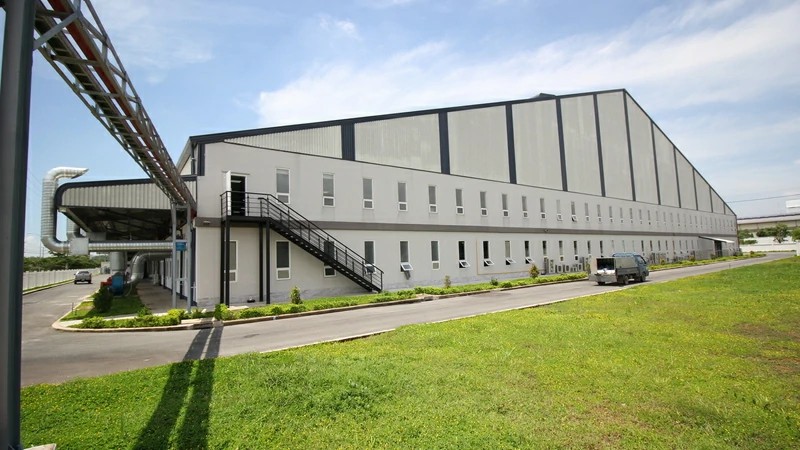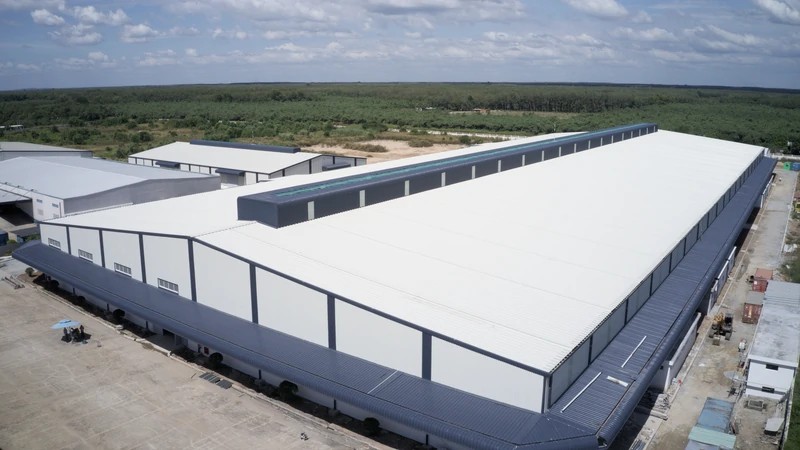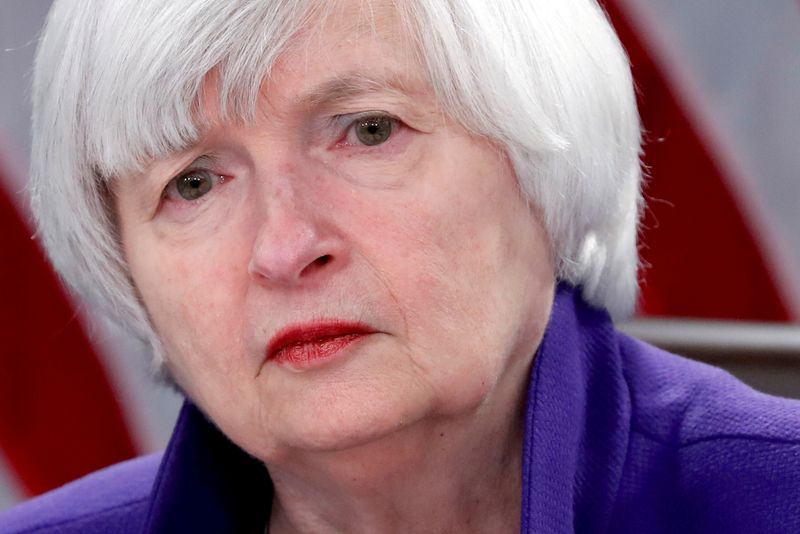What do pharmaceutical companies spend their Money on?
Pharmaceutical companies say that they charge high prices for medications because they have that revenue to take a position in research and development (R&D). While this argument isn’t complex on its face (drug research does require funding), drug affordability advocates and critics of massive Pharma have acknowledged that more Pharma revenue goes to marketing than to funding R&D. PharmacyChecker analyzed the 2019 financial reports of 5 of the industry’s biggest names, illustrated in the table below. altogether five cases, the businesses spent more on marketing and sales than they did on research and development. Additionally, every company’s spending on research and development has increased only incrementally year over year. But, year over year, each mega pharmaceutical company has seen a huge increase in revenue.

Who do pharmaceutical companies sell to?
The drug supply chain involves a variety of stakeholders, from the manufacturers who create drugs to the pharmacies that distribute them, to the PBMs that oversee the method.
- Manufacturers: Research, develop, and produce drugs. Examples include Johnson & Johnson, Pfizer, and AbbVie.
- Payers: Entities aside from patients that acquire care (usually insurance companies). The “Big 5” insurance companies are UnitedHealth Group, Anthem, Aetna, Cigna, and Humana.
- Pharmacy benefits managers (PBMs): Negotiate drug prices with manufacturers on behalf of their payer clients.
- Wholesalers: Buy large quantities of medicine from pharmaceutical companies and distribute them to pharmacies. the three main wholesalers, which account for about 85% of the market, are AmerisourceBergen, Cardinal Health, and McKesson.
- Pharmacies: Receive drugs from wholesalers and distribute them to patients. Market leaders include CVS, Walgreens, and Walmart.
- Specialty pharmacies: Manage the distribution of pricy, uncommon, or fragile drugs. Well-known specialty pharmacies include CVS Specialty, Accredo/Freedom Fertility, Alliance Rx, and BriovaRx.
- Patients: the ultimate person who ultimately receives and takes the drug.
How many pharmaceutical companies are there in Singapore?
The pharmaceutical industry is becoming an “increasingly important” component of Singapore’s manufacturing sector, Fitch Solutions Macro Research said on Wednesday (July 24). In 2018, Singapore exported US$7.49 billion ($10.22 billion) worth of drugs to leading destinations Switzerland, Netherlands, and Japan. As an entrepot, Singapore re-exports a number of its imports, which include pharmaceuticals.
List of 5 highlight leading pharmaceutical companies in Singapore
Abbott
Abbott is a global healthcare leader that helps people live more fully in the least stages of life.
Since 1970, Abbott in Singapore has been dedicated to helping people across the Asia-Pacific region live healthier lives through a various range of science-based nutritional products, diagnostic tools, medical devices, and branded generic pharmaceuticals.

The Abbott Nutrition Asia-Pacific Research & Development Center in Singapore’s Biopolis Research Park is that the country’s first nutrition R&D site and Abbott’s largest nutrition facility outside the U.S. the middle houses around 65 scientists and staff that specialize in food and sensory science, novel ingredient evaluation, and clinical nutrition science to tailor products, flavors, and packaging to the taste preferences and specific nutritional needs of people altogether stages of life throughout Asia.
Revenue: >100M
Founded Year: 1970
AstraZeneca

AstraZeneca pharmaceutical company
AstraZeneca may be a global, science-led biopharmaceutical company that focuses on the invention, development, and commercialization of prescription medicines, primarily for the treatment of diseases in three main therapy areas – Respiratory and Autoimmunity, Cardiovascular and Metabolic Diseases, and Oncology. Our innovative medicines are employed by many patients worldwide.
The Company is additionally active in inflammation, infection, and neuroscience through numerous collaborations.
Revenue: >100M
Founded Year: 1990
GlaxoSmithKline

GlaxoSmithKline
GlaxoSmithKline may be a science-led global healthcare company with a special purpose: to assist people to do more, feel better, live longer. the company is one of the biggest contributors to Singapore’s biomedical sciences industry with investments in more than S$1.5 billion. Singapore is that the regional headquarters of our Emerging Markets and Asia Pacific pharmaceutical and consumer healthcare businesses. Today GlaxoSmithKline employs around 1,900 people in Singapore, all of whom share our mission to assist people to do more, feel better, and live longer.
Revenue: >100M
Founded Year: 2013
Johnson & Johnson

Johnson & Johnson is the largest and most broadly-based healthcare company in the world. We’re producing life-changing breakthroughs a day, and are for the last 130 years. The Group’s principal activities comprise the marketing of healthcare products including toiletries, pharmaceuticals, and other medical products, and to function as a regional liaison and co-ordination center providing management and other services to related corporations.
Founded Year: 1974
PFIZER

PFIZER is one of the biggest pharmaceutical companies in Singapore
Pfizer is a leading research-based biopharmaceutical company. We apply science and our global resources to deliver innovative therapies that reach and significantly improve lives. We make medicines and vaccines that help people once they are sick and stop them from getting sick in the first place, also as a number of the world’s best-known consumer healthcare brands. Every day, our colleagues add developed and emerging markets to treat, cure and eradicate life-threatening conditions and challenge a number of the most feared diseases of our time. Pfizer also collaborates with healthcare providers, governments, and native communities to support and expand access to reliable, affordable healthcare around the world.
Revenue: >100M
Founded Year: 1999
Conclusion
As a number one biomedical hub in Asia, Singapore’s pharmaceutical roles now require more specialized skill sets to undertake more innovative research projects. Although the govt is investing heavily within the development of specialized talent during this industry, there are still niche positions where there’s a scarcity of suitable local manpower. Hence, Singapore’s ability to draw in and retain highly skilled employees will pose a serious challenge to future growth in the industry.
This challenge is additionally present in the emerging Asian markets like Vietnam and Indonesia where the talents of the local talent pool haven’t trapped with the stress of companies getting into Asia. Another challenge faced by pharmaceutical companies is the potential losses thanks to patent expiration. As a result, these companies are investing more resources into research and development initiatives so as to exchange old drugs with new ones.









